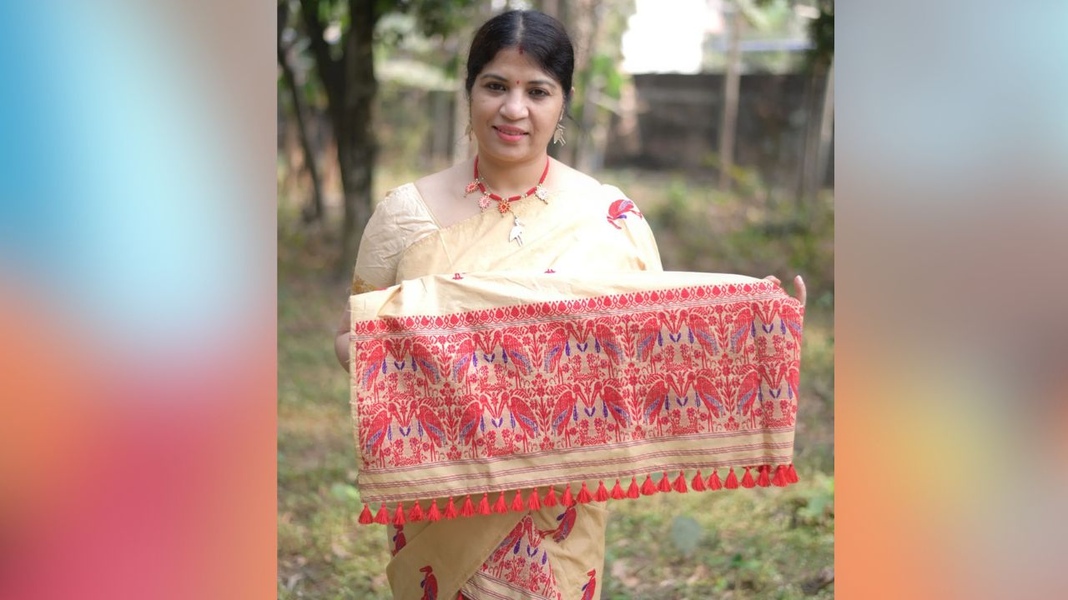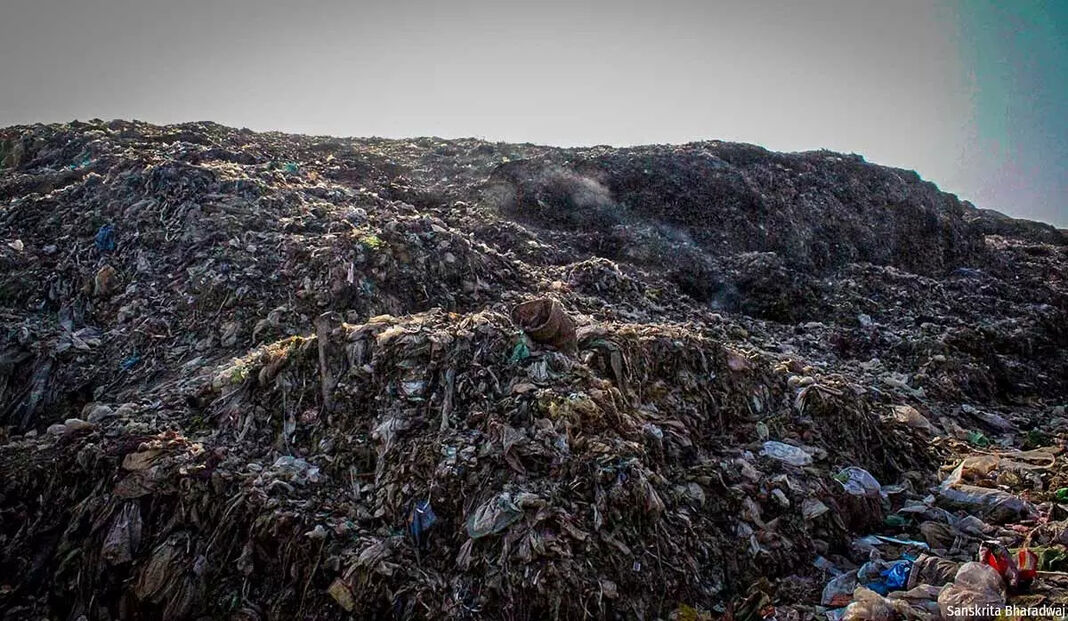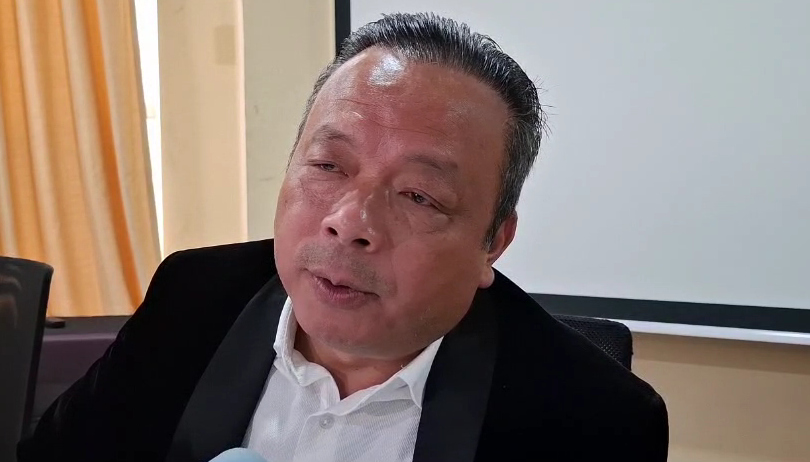Guwahati, Feb 20: Aaranyak’s conservation biologist, Dr. Purnima Devi Barman, has been named to the 2025 TIME Women of the Year list, recognizing her transformative work in wildlife conservation. She joins an esteemed group of 13 honorees, including actor and producer Nicole Kidman, WNBA MVP A’ja Wilson, Olympic gymnast Jordan Chiles, artist Laufey, actor Anna Sawai, reproductive rights activist Amanda Zurawski, and other global changemakers.
Dr Barman, from Assam, is celebrated for her tireless efforts in protecting the endangered greater adjutant stork, locally known as Hargila. Once dismissed as a pest and a bad omen, the bird has made a remarkable comeback due to her conservation leadership.
A defining moment in Barman’s journey came in 2007 when she witnessed a tree—home to a family of greater adjutants—being cut down. Finding a nest of helpless chicks on the ground, she confronted the man responsible, who dismissed the storks as nuisances. The experience was life-changing. “For the first time, I felt the importance—the call of nature,” she recalls. “From that day, my mission started.”
At the time, the greater adjutant population had dwindled to just 450 in Assam. Thanks to Barman’s efforts, their numbers surged past 1,800, leading the International Union for Conservation of Nature (IUCN) to reclassify the species from “endangered” to “near threatened” in 2023.
A Movement Led by Women
Barman’s Hargila Army, a 20,000-strong women-led conservation movement, has played a crucial role in safeguarding nesting sites and changing perceptions about the stork. Their work extends beyond Assam, influencing conservation efforts in India and Cambodia, and even inspiring environmental education in schools as far as France.
Today, Barman proudly wears traditional Assamese attire embroidered with stork motifs, handwoven by women of the Hargila Army, who now earn a sustainable livelihood through their craft. Conservation has become more than protection—it’s a celebration of culture, with baby stork showers, folk songs, and community initiatives redefining the bird’s image.
Scaling Up Conservation
In 2024, Barman’s groundbreaking work earned her the Whitley Gold Award from the Whitley Fund for Nature, recognizing her success in mobilizing local communities—primarily women—to safeguard the species.
She now aims to expand her conservation efforts to Bihar and Cambodia, encompassing the entire global range of the greater adjutant. By 2030, she envisions the population growing to 5,000 birds.
Her next steps include:
✔ Increasing greater adjutant breeding pairs by 20% in two years by protecting the four main nesting colonies in Assam.
✔ Expanding the ‘Hargila Army’ from 10,000 to 20,000 women, further strengthening the grassroots conservation movement.
“This bird is now a part of our tradition and culture,” Barman reflects, underscoring how a once-misunderstood scavenger has become a symbol of community-driven conservation success.




